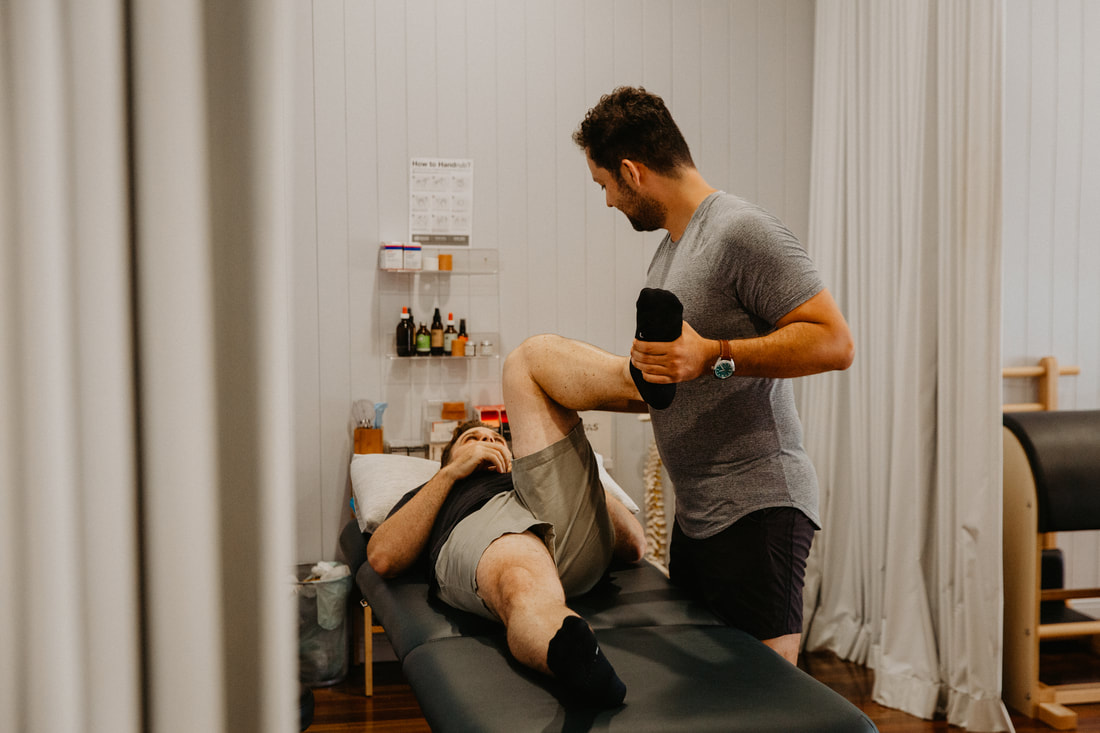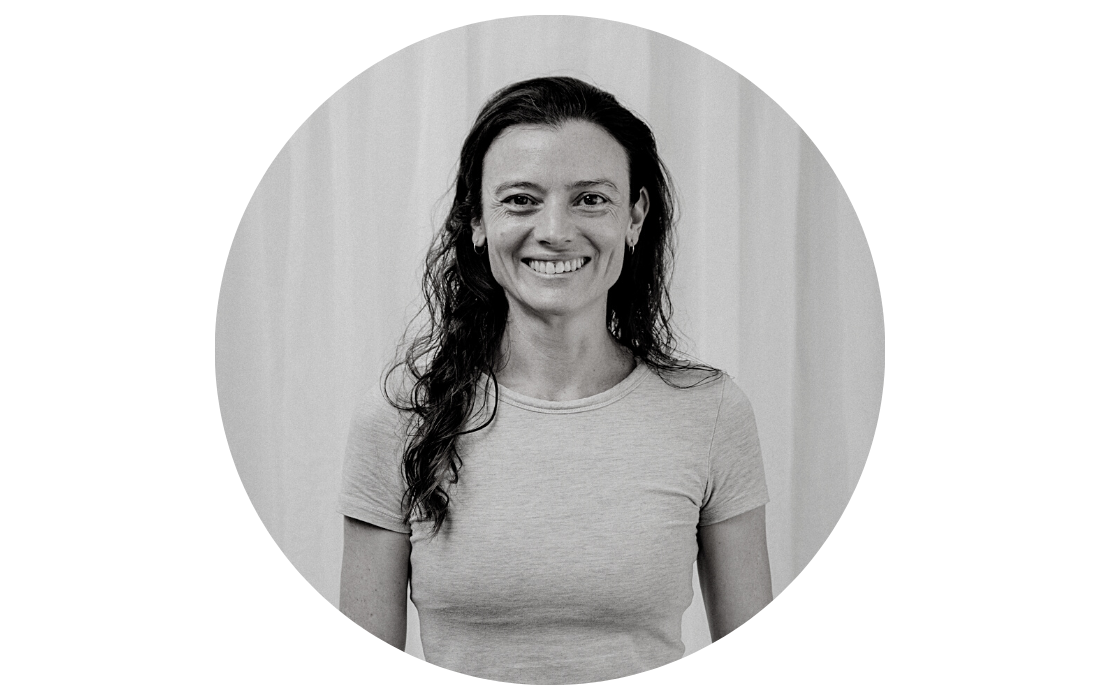Sports injury physiotherapy for skiers.
Skiing and the Role of a Specialised Physiotherapist
Skiing is a dynamic winter sport that combines speed, agility, and precision. It requires skiers to navigate through snow-covered slopes and terrains, often at high speeds and with varying degrees of difficulty. This sport demands not only good cardiovascular fitness but also significant strength, balance, and coordination to manage the physical stresses of skiing.
Key Aspects of Skiing:
The Importance of a Physiotherapist Specialised in Skiing:
What Are Common Injuries Among Skiers?
Skiing, a sport that combines speed, agility, and the challenges of snowy terrain, often leads to specific types of injuries:
How Can Skiers Prevent These Injuries?
Injury prevention is crucial for skiers:
What Physiotherapy Treatments Are Effective for Skiing Injuries?
Physiotherapy is vital in treating and managing injuries in skiing:
When Should a Skier Consult a Physiotherapist?
Professional guidance is recommended in several scenarios:
How Can Physiotherapy Help in Long-Term Injury Prevention for Skiers?
Long-term injury prevention is essential:
What Recovery Strategies Should Skiers Employ?
Effective recovery strategies are crucial for skiers:
If you have been injured during skiing, there are many things that our Tarragindi physiotherapists can do to help get you back to being sport ready and active again so come in and speak to our friendly physiotherapists today! Feel free to give our Tarragindi Physiotherapy clinic a call on 07 3706 3407 or email [email protected]
Skiing is a dynamic winter sport that combines speed, agility, and precision. It requires skiers to navigate through snow-covered slopes and terrains, often at high speeds and with varying degrees of difficulty. This sport demands not only good cardiovascular fitness but also significant strength, balance, and coordination to manage the physical stresses of skiing.
Key Aspects of Skiing:
- Physical Demands: Skiing requires lower body strength for maneuvering, core stability for balance, and upper body coordination for pole use.
- Balance and Coordination: Skiers must constantly adjust their balance and body position to navigate slopes and turns effectively.
- Environmental Factors: Cold temperatures and varying snow conditions can affect performance and increase the risk of injury.
The Importance of a Physiotherapist Specialised in Skiing:
- Injury Prevention and Management: A physiotherapist with experience in skiing can provide targeted injury prevention advice and rehabilitation strategies specific to the demands of the sport.
- Performance Enhancement: Understanding the biomechanics of skiing, a physiotherapist can assist athletes in refining their techniques, improving balance and coordination, and enhancing overall performance.
- Recovery and Conditioning Advice: Specialized physiotherapists can offer guidance on conditioning exercises and recovery techniques appropriate for skiers, essential for maintaining fitness and preventing injuries.
What Are Common Injuries Among Skiers?
Skiing, a sport that combines speed, agility, and the challenges of snowy terrain, often leads to specific types of injuries:
- Knee Injuries: Including ACL (anterior cruciate ligament) and MCL (medial collateral ligament) tears due to twisting falls or sudden stops.
- Shoulder Injuries: Such as dislocations and rotator cuff injuries from falls or impacts.
- Ankle Sprains: From improper landings or twists.
- Wrist Fractures: Often occurring when skiers use their hands to break a fall.
- Lower Back Pain: Due to the posture maintained during skiing and the impact of uneven terrain.
How Can Skiers Prevent These Injuries?
Injury prevention is crucial for skiers:
- Proper Equipment: Using correctly fitted skis, boots, and bindings and ensuring they are well-maintained.
- Strength and Conditioning Training: Focusing on lower body strength, core stability, and overall flexibility.
- Balance and Coordination Exercises: To improve stability and control on skis.
- Adequate Warm-Up: Preparing muscles and joints for the physical demands of skiing.
- Awareness and Technique: Understanding safe skiing techniques and being aware of surroundings and terrain.
What Physiotherapy Treatments Are Effective for Skiing Injuries?
Physiotherapy is vital in treating and managing injuries in skiing:
- Manual Therapy: Such as massage, stretching, and joint mobilizations to alleviate pain and improve movement.
- Tailored Exercise Rehabilitation: Specific exercises to strengthen and rehabilitate injured areas.
- Biomechanical Assessments: Analyzing skiing technique and posture to identify areas for improvement.
- Pain Management Strategies: Utilizing modalities like ice therapy, heat therapy, or ultrasound.
- Injury Prevention Education: Guidance on proper skiing practices and conditioning.
When Should a Skier Consult a Physiotherapist?
Professional guidance is recommended in several scenarios:
- Post-Injury: For an accurate diagnosis and a comprehensive rehabilitation plan.
- Persistent Pain or Discomfort: Especially if it affects skiing performance or daily activities.
- Performance Enhancement: To improve skiing skills and reduce injury risk.
- Preventive Measures: Learning effective methods to minimize future injury risks.
How Can Physiotherapy Help in Long-Term Injury Prevention for Skiers?
Long-term injury prevention is essential:
- Personalized Exercise Programs: Focused on the specific needs of skiers, considering strength, balance, and flexibility.
- Regular Physical Assessments: To monitor progress and adjust training as needed.
- Technique Analysis and Improvement: Continuous refinement of skiing techniques to reduce injury risk.
- Nutritional and Lifestyle Advice: To support overall health and enhance skiing performance.
What Recovery Strategies Should Skiers Employ?
Effective recovery strategies are crucial for skiers:
- Active Recovery: Engaging in light activities to promote circulation and muscle recovery.
- Nutrition and Hydration: Key for muscle repair and maintaining energy levels.
- Adequate Sleep: Critical for physical and mental recovery.
- Stress Management: Utilizing relaxation techniques to maintain a healthy mental state.
If you have been injured during skiing, there are many things that our Tarragindi physiotherapists can do to help get you back to being sport ready and active again so come in and speak to our friendly physiotherapists today! Feel free to give our Tarragindi Physiotherapy clinic a call on 07 3706 3407 or email [email protected]
Who to book in with:
Yulia Khasyanova
|
Emma Cameron
|
Monica Hanna
|



